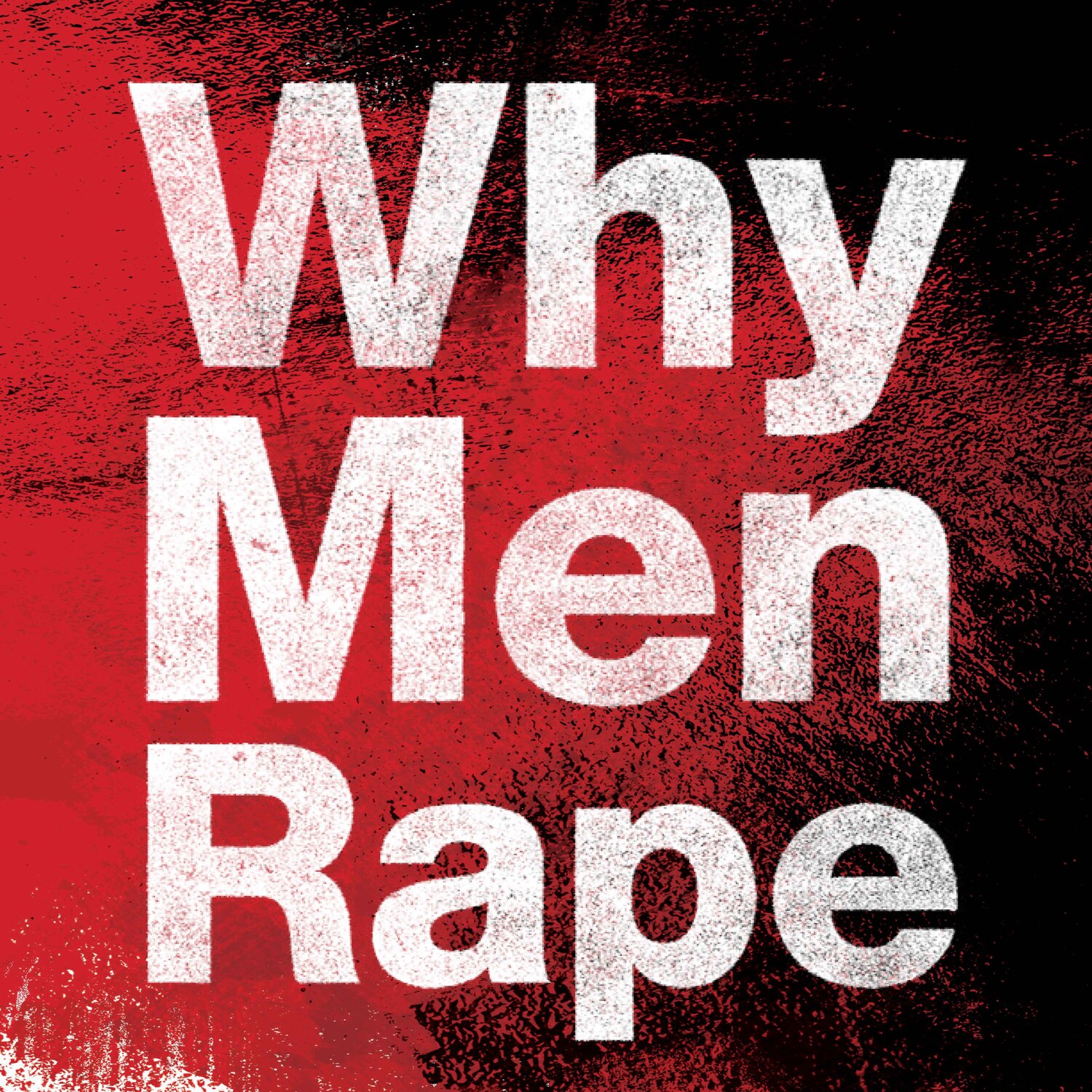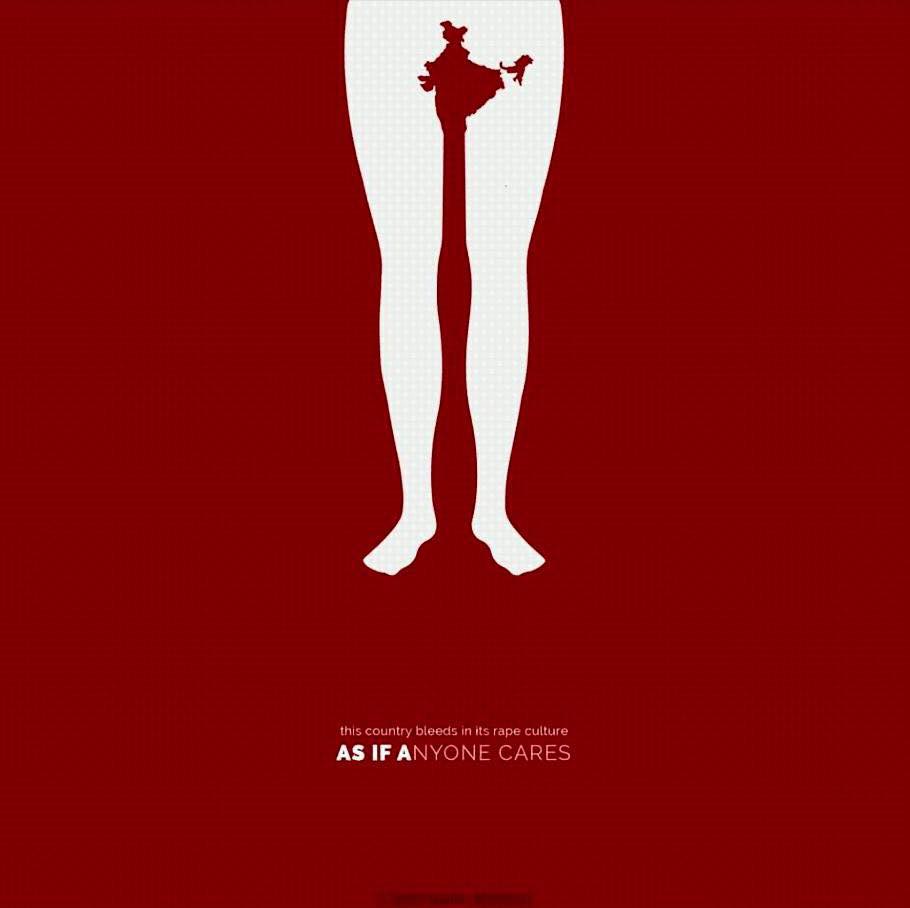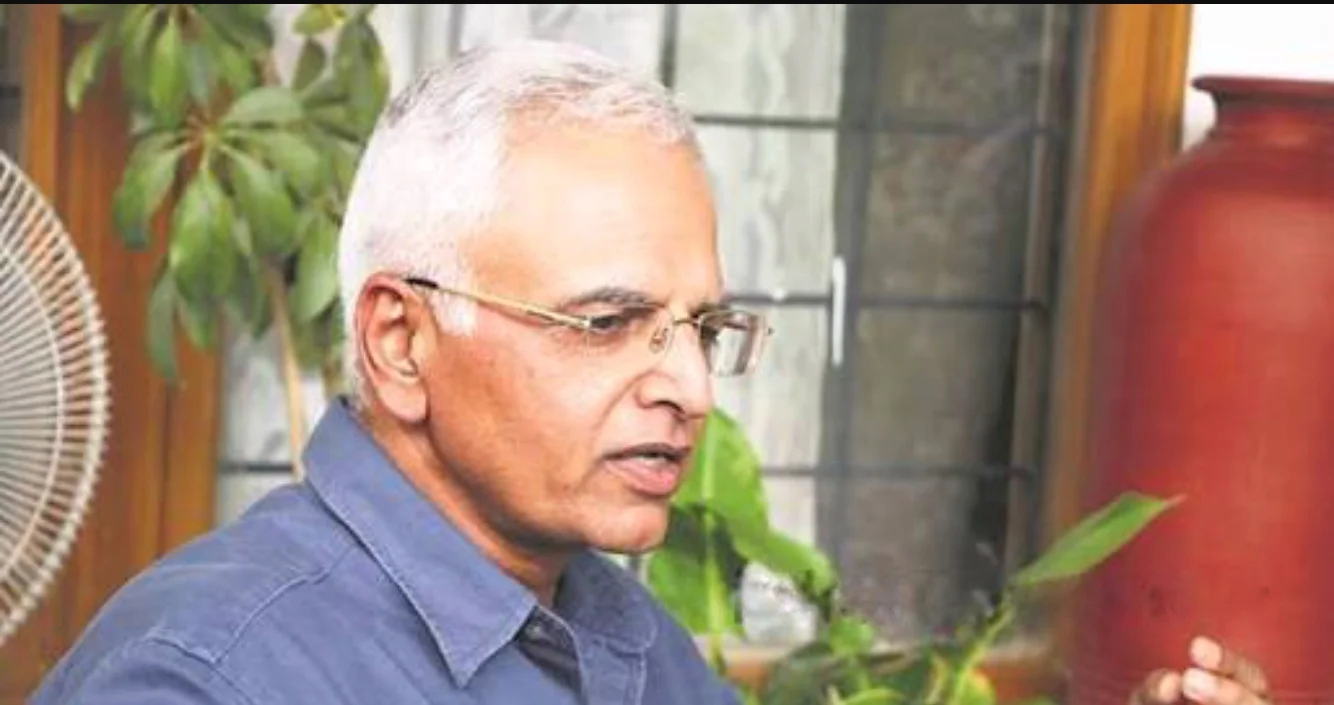This is a copy of the viral open letter written by Tara* Kaushal to those rejoicing about the amendment to POCSO that proposes the capital punishment for rapists of children under 12
The creators of this powerful image choose to remain anonymous (unsurprising in this political climate)
Dear everyone celebrating #deathforchildrapists ,
I know your heart is in the right place. This POCSO amendment is the best news you’ve heard all year! Finally someone’s doing something! Something’s gotta give! These rapes have got to stop! Our kids need to feel safe again! Three cheers!
I feel you. A few years ago, fresh out of college, with whatever little time I’d invested in thinking about it, I would’ve agreed with you. I remember chatting with friends about the many arguments pro the death penalty—why should evil people live on on taxpayers’ money; get it over with; long prison sentences don’t compensate for some crimes; it serves as a deterrent; etc. I believed in retributive justice, same as you. It feels great, an outlet for collective anger and adrenalin, like a popped pimple, phew! But then, I started studying about it.
Of course, there are ethical and moral arguments against the death penalty, but let’s talk about whether it plays a constructive role in society at all.
The biggest defence one hears is that it acts as a deterrent—people will not commit crime for fear of death. “There is not the slightest credible statistical evidence that capital punishment reduces the rate of homicide,” writes John J Donohue III, PhD, a law professor at Stanford University. Social scientists across the world, the UN, Amnesty International, all agree.
In fact, it is proven that it is not the extent of punishment for crime but the surety of receiving said punishment that prevents crime. The Indian culture of victim silence coupled with our laughable law enforcement allows perpetrators of sexual violence to operate with impunity. One of the rapists I studied, with no police complaints against him for the 20-plus rapes he confessed to, told me to go ahead and use his real name. “Mujhe kya hona hai?” What will ever happen to me, he asked.
Further in the Captain Obvious vein, is the fact that the Indian police is incompetent at best, actively deceitful and corrupt at worst. Let’s take the cases of the murders of Aarushi Talwar and Pradyuman Thakur of Ryan International School. These are not isolated cases—there are many unpublicised instances where the police has fabricated and fictionalised cases against scapegoats. Us CSI-watching people don’t know the half of it. (And even countries with more sophisticated detection and enforcement systems than ours are admitting to retrospective mistakes.)
The police’s negligence and corruption weighs most heavily on those least able to withstand it. It is the disempowered—men from lower castes, minority religions, poverty and illiteracy—that receive a disproportionate number of death sentences. Without legal representation, the penalty is applied with arbitrariness and after long delays.
Death to the innocent is an irrevocable mistake. The desire for closure through death, for retribution, for blood that the victims’ families are baying for are understandable but barbaric nonetheless. (What did the Father of the Nation say about an eye for an eye? Anyway.) If those accused are innocent, it is infinitely worse…
Let me anticipate a bit of the backlash to this letter. Yes, I feel as bad about the rape of children as the next person (not those who took out rallies in support of the rapists of the Kathua child, but, you know, most people). In fact, I’m a little more invested than the average armchair activist—my first book, which I have been researching for since 2013, is about rape in India. Hence proved: I am neither heartless nor headless. So when I and other activists strongly condemn the death penalty, in general, and especially for the rapists of children, we have our reasons. In a system so flawed, so fallible, the death penalty must be scrapped entirely, not have its scope widened. Do we want to be like China or follow the rest of the developed world?
There’s a rather misguided article doing the rounds about how sexual harassment must not be graded, that one act is as bad as the next. That’s bullshit. There is no doubt that the rape of a child is worse than the rape of an adult person, but it is certainly better than the rape and murder of a child. But, using an ‘in for a penny, in for a pound’ principle, rapists will now murder the child if both have the potential to get them the death penalty anyway. This way, without a living eyewitness, they may just have the chance to get away! The death penalty for child rapists will lead to an increase in child rape plus murder. Mark my words.
You know what else it will lead to? Less reporting. Because it’s easier to report rape when it was perpetuated by a stranger, when there was violence. As you may know, stranger rape, violent rape is the exception, not the rule. Will a child be able to identify his/her grandparent or uncle or aunt as the perpetrator if s/he knows this will send the person to the gallows? Will the parents take things forward? Will a judge? It may also lead to even fewer convictions. Think about it.
So, those of you reading my letter, educated, rational citizens of India… Please, think. Please, oppose this amendment. Let’s not settle for tokenism. Let’s not get distracted from the failings of the government to protect its weakest citizens. Let’s not forget that changing laws is the easiest thing to do.
Let’s expect well-thought-out laws and better enforcement. Let’s start with catching these men and putting them behind bars for life. (It is punishment enough; trust me, Indian jails are hell on earth.) Meanwhile, let’s work towards a culture where such impulses aren’t seeded in the first place.
Tara* Kaushal
#whyindianmenrape #pocso #india #rape #humanrights #justiceforasifa #deathforchildrapists #no





























